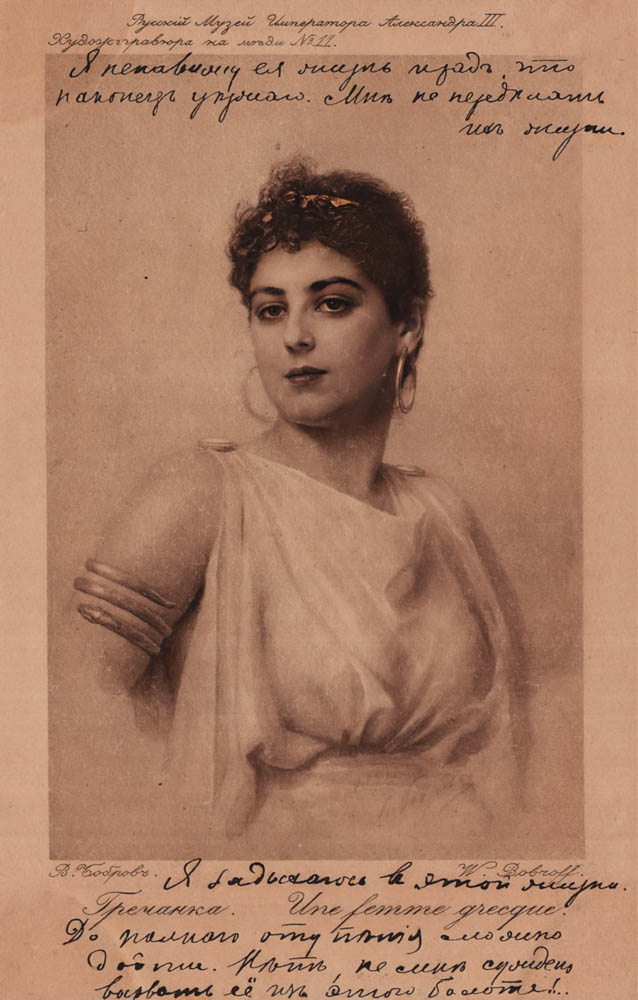The Greeks have lived on the territory of present-day Georgia since ancient times and founded many colonies there (including Phasis and Dioscurias — today’s cities of Poti and Sukhumi).
In the Middle Ages, the Greek diaspora in the Caucasus continued to grow, especially after the fall of Constantinople in 1453 and the Turkish invasion of the Greek-speaking Empire of Trebizond in 1461.
The Greeks’ desire to settle in Georgia was no coincidence – Georgians, who shared the same faith, had themselves suffered greatly from Turkish invasions and therefore sympathized with the Greeks.
The Greek diaspora of the XIX century contributed significantly to its new homeland.
For example, the Greeks were pioneers in mining development.
The industrialist Simeonidi founded a plant for ore extraction and processing. In 1894, 40,000 puds of ore were extracted (655 tons), and by 1899, the figure had reached 91,199 puds (1,493 tons).
On Kolyubakin street in the city of Sukhumi the famous hotel “San Remo” was built in 1914, it owned by the Greek Christophor Pavlovich Spanakis. Before opening the hotel, he also ran the first-class restaurant “Oriental” (1896–1913).
Another successful entrepreneur was Dmitry Konstantinovich Komnino.
He came from the ancient Komnenos family, whose members had been emperors of the Byzantine and Trebizond empires.
In addition, he was the leading tobacco industrialist in the city of Sukhumi.
The Greeks also contributed greatly to the development of Sukhumi’s infrastructure.
Particularly notable was the contribution of Christophor Pavlovich Azvestopulo, a councilman of the Sukhumi City Hall, merchant elder, as well as trade and municipal deputy.
In the nomination for his award, the following achievements were noted: organisation of public lighting in Sukhumi (installing 200 street lamps); setting up of water supply system (it provided the city with clean water); establishing of marketplace; draining of 4,042 desyatins (approximately 4.4 hectares) of swampy urban land; creating a municipal capital reserve of 20,000 rubles, which enabled the city to build and maintain a hospital.
